与20世纪90年代互联网兴起时相比,世界正处于一个更加不稳定的状态。地缘政治正在走向多极化,技术标准变得愈发重要。如果世界在数字-物理融合之初就开始分裂,机器可能会失去跨境通信的能力,限制数字化创新的无限潜能。
国际电信联盟(ITU)秘书长Doreen Bogdan-Martin发出 "同一种语言"的号召,就全球技术标准达成了共识——不仅要让数字网络更加互联、高效,更要实现其可持续性和易用性,这也是诺基亚高度赞同的观点。
当人与人之间不能相互理解时,可能会发生尴尬或有趣的事情;但当机器不能用同样的语言交流时,可能会造成巨大甚至致命的损失。从飞机、火车和汽车,到医疗设备和运输集装箱,再到酒店房间插座的电压,所有这些都需要一定程度的标准化,以便跨境顺利运行。
标准有助于确保不同制造商的产品和设备之间的兼容。统一的标准将激发创新。
以互联网为例,万维网的成功是由共享标准、通用协议和可互操作性的无形架构形成的。这种开放的基础使不同国家的参与者互利互补,构成我们所熟知的互联网。
数字化正在迅速影响着几乎所有行业,从农业、能源到制造业与运输业。作为B2B技术创新引领者,诺基亚正在帮助各行业提高生产力、效率、安全和可持续性收益,以应对数字化带来的改革。
埃森哲的研究发现,已经采用诸如自动化、机器学习、云和数据分析、数字孪生和敏捷工程等数字技术的工业企业,将“想法到落地”的时间减少了9.5%,将“需求到交付”的时间减少了10.9%。麦肯锡的另一项研究发现,行业领先的企业将机器智能融入其业务方面,实现预测分析能力13%的提升,而数字化能力弱的企业预测分析能力仅有3%。从更长远的角度来看,诺基亚贝尔实验室预测,到2030年,5G驱动的工业数字化将帮助全球GDP增长8万亿美元。
因此,数字化带来的益处是巨大的,但也随之也带来巨大的挑战。
到2030年,随着我们从5G时代迈入6G时代,以及消费者、企业和工业元宇宙的出现,每一个有意义的物理事物都将被连接起来。
诺基亚活跃在全球300个标准化和行业组织中,包括国际电联、欧洲电信标准协会(ETSI)和O-RAN联盟。诺基亚致力以领先科技,成就世界和合共生,携手行业,完善技术标准是其中的一个重要部分。
标准方面的合作有助于确保诸如能源效率、可持续性、包容性、人权以及安全和隐私法规等重要议题与无线频谱分配等技术方面一起得到讨论,以便在设计阶段将其融入新技术中。
诺基亚在制定5G和6G标准方面发挥着主导作用,以支持兼容和创新,并致力打造一个健康和有竞争力的商业环境。例如,诺基亚以公平的条件将我们的发明专利授权给超过200家不同的公司,让他们以更快、更经济的方式将新产品和解决方案推向市场,让消费者受益。
共同合作也有助于我们维护一个平衡和透明的知识产权和专利许可制度,它鼓励创新并激励必要的研发投资以创造未来的技术。总而言之,公司只有在专利创新得到公平的保障后,才会投资研究,并为开放标准的制定做出贡献。
诺基亚愿携手各方打造技术标准,从而实现可信任的技术。
附英文原文:
Compared to the 1990s, when the internet arose, the world is in a much more precarious and disunited position. Geopolitical tensions are increasing the risk of geographic fragmentation. This matters for technology standards. If the world begins to fracture just as the digital and physical realms start coming together, machines could lose the ability to communicate across borders, limiting the exponential potential of digital innovation.
The International Telecommunication Union (ITU) secretary-general, Doreen Bogdan-Martin, has called for the industry to speak “the same language” and reach a consensus on global technical standards to make digital networks not only more connected and efficient but, crucially, more sustainable and accessible. That’s a view that we wholeheartedly agree with at Nokia.
When people can’t understand one another, it can be awkward or even amusing; but when machines don’t talk the same language, it can be costly–and sometimes fatal. From planes, trains, and automobiles, to medical devices and shipping containers, to the voltage of the electricity coming from the wall socket of a hotel room–all require a degree of standardization for their smooth operation across national borders.
Standards help ensure products and devices made by different manufacturers remain interoperable. And shared standards help spur innovation.
Look at the internet. The success of the World Wide Web was shaped by the invisible architecture of shared standards, common protocols, and interoperability. That open foundation enabled different players, across different countries, to contribute the complementary elements that make up the internet as we know it.
Digitalization is rapidly reaching the shores of almost every industry, from agriculture to energy to manufacturing to transport. As a business-to-business technology innovation leader, Nokia is helping to ensure that this wave brings badly needed productivity, efficiency, safety, and sustainability gains to a range of industries.
Research from Accenture found industrial enterprises that have harnessed digital technologies–such as automation, machine learning, cloud and data analytics, digital twins, and agile engineering–reduced idea-to-product time by 9.5% and demand-to-delivery time by 10.9%. Another study, by McKinsey, found that enterprises leading the way in integrating machine intelligence into their operations improved their forecasting analytics by 13% compared to just 3% for digital laggards. And taking a longer-term perspective, Nokia’s Bell Labs Consulting project 5G-enabled industrial digitalization will help grow global GDP by $8 trillion by 2030.
So, the prize on offer is big. But the pitfalls are also becoming bigger.
By 2030, as we move from the 5G age into the 6G era, and as consumer, enterprise, and industrial metaverses emerge, every physical thing it makes sense to connect will be connected.
Our company’s purpose is to create technology that helps the world act together. Cooperating with peers and competitors to define technology standards is an important part of that. Nokia is active in 300 standardization and industry organizations globally, including the ITU, the European Telecommunications Standards Institute (ETSI), and the O-RAN (Open RAN) Alliance.
Collaboration on standards helps ensure that important topics such as energy efficiency, sustainability, inclusion, human rights, and safety and privacy regulations are discussed alongside technical aspects such as radio spectrum allocation, so they can be embedded into new technologies at the design stage.
Nokia plays a leading role in shaping 5G and 6G standards to support interoperability and innovation and encourage a healthy and competitive business environment. A prime example is how we license our inventions, on fair terms, to more than 200 different companies, giving them a quicker and more cost-effective way of getting new products and solutions to market, with consumers the main beneficiaries.
Working together also helps us to preserve a balanced and transparent licensing system for intellectual property and patents, which rewards innovation and incentivizes the necessary R&D investment to create the technologies of tomorrow. Ultimately, companies can only invest in research and contribute to open standards development if they’re confident of receiving fair and reasonable royalties for their innovations.
If we want to create technology that we can trust, then we need to act together on shared standards.







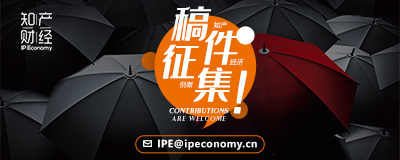
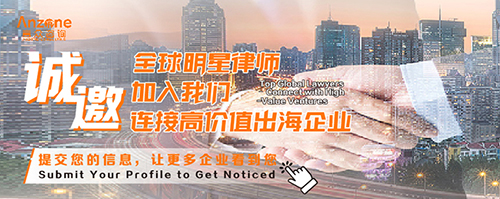
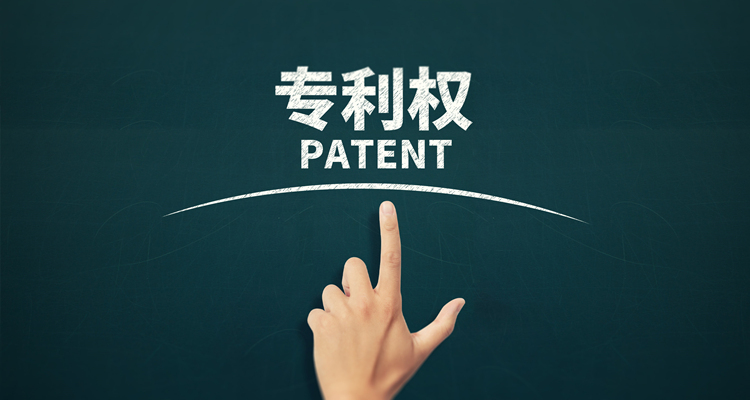


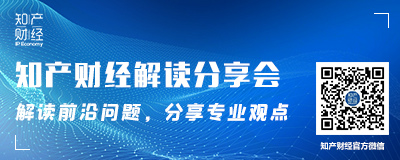
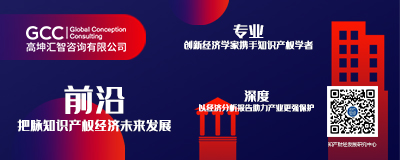
 京公网安备 11010502049464号
京公网安备 11010502049464号